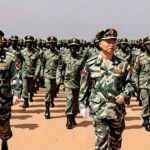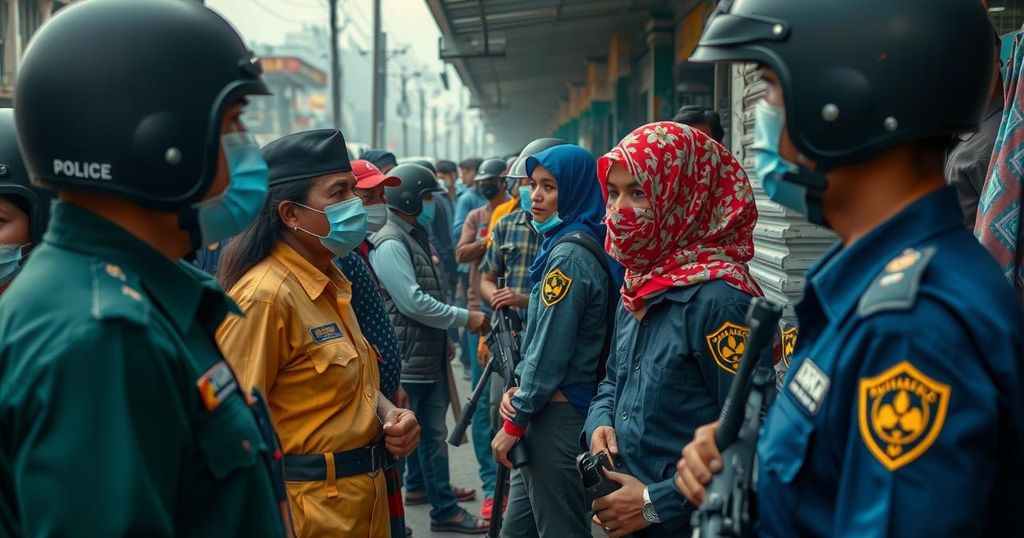China’s Diplomatic Efforts to Address Civil Unrest in Myanmar
China’s chief diplomat, Wang Yi, recently journeyed to Myanmar to engage in crucial discussions with Senior General Min Aung Hlaing, the leader of its military government, regarding the ongoing civil war within the nation. This visit, occurring on August 14, 2024, serves as a clear manifestation of China’s mounting apprehensions concerning the escalating instability in its southern neighbor.
The gathering between Wang Yi and Senior General Min Aung Hlaing highlights the pressing nature of the situation and underscores the potential hazards posed by the conflict to China’s strategic and economic concerns. As emphasized in the discussions, Wang Yi underscored China’s opposition to external interventions, which could further complicated the already intricate political climate in Myanmar.
One of the primary focal points deliberated during the talks was the criticality of ensuring the safety of Chinese nationals and investments in Myanmar. This holds particular significance given China’s substantial investments across various sectors such as mining, oil, and gas pipelines within the country.
Despite the historically close relations between the two nations, analysts have observed mounting tensions between China and Myanmar’s military junta. This shift in the relationship dynamics is a direct response to the fluctuating political landscape in Myanmar, especially following the coup d’état led by Senior General Min Aung Hlaing.
While China initially supported the military’s actions against pro-democracy forces, this sentiment began to change as the military encountered resistance from ethnic militias. The recent coordinated attacks by the Three Brotherhood Alliance, resulting in territorial gains and heightened tensions near the China border, have further strained the relationship between China and Myanmar’s ruling entities.
As the conflict continues to escalate, Beijing’s previous attempts to mediate through ceasefires have failed, leading to a resurgence of hostilities. The military’s allegations of foreign support for ethnic militias have also contributed to the escalating tensions, particularly with insinuations of perceived support from China’s adversaries.
Despite diplomatic efforts to address these challenges, anti-Chinese sentiment is on the rise within Myanmar, particularly among military factions opposed to Beijing’s influence over domestic politics. As political dynamics within Myanmar continue to shift, China is confronted with the necessity to adapt its strategies to preserve its investments and strategic interests amid the evolving conditions.
While China remains receptive to engage in dialogue with the military, the growing influence of resistance forces in Myanmar presents both military and geopolitical challenges for China. It is evident that the outcome of the civil conflict in Myanmar will have a substantial impact on China’s future strategies and investments in the region. Every interaction between China and Myanmar carries significance not only for the two nations but also for the broader regional stability.
Amidst this intricate web of diplomatic engagements, military actions, and economic interests, it remains to be seen how China will navigate its relationship with Myanmar and respond to the shifting dynamics in the region. The situation is not only critical for the two nations involved but also for the broader stability of the region as a whole.








Post Comment